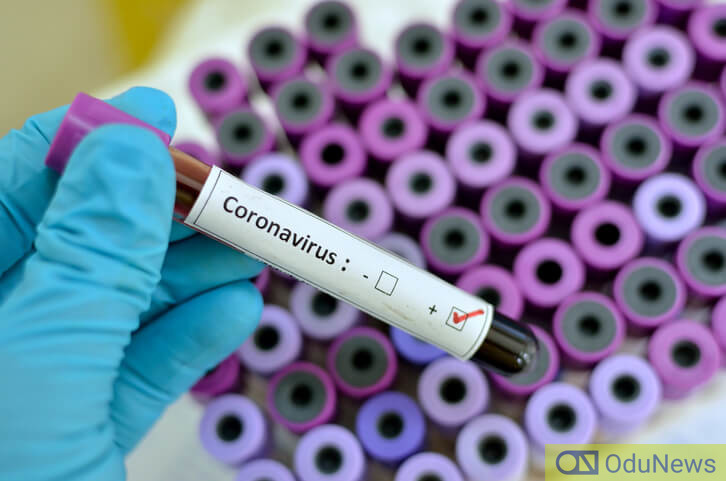Nigeria recorded its first Coronavirus case early on Friday and this has led to different reactions from the people. It is thus important for us to be aware of the facts as against the myths spreading about the Novel Coronavirus.

Are you at High Risk of Getting this virus?
Not true. This virus does appear to be highly contagious, but for the average person, the risk of getting it right now is actually considered low.
Can you stop it with medications?
Also not true. Although they are looking at antiviral medications, there is not one treatment known to be effective against getting the virus or treating it once you have it.
Does Coronavirus has symptoms of Flu?
No. These are different according to the CDC. This virus causes fever, coughing and shortness of breath with a complication of pneumonia. The flu tends to have more body and muscle aches.
Are you more likely to get the coronavirus than the flu?
Also no, not true. You are more likely to catch the flu.
But, any precautions you would use to prevent the flu, you can also use to prevent the spread of the coronavirus. These include washing your hands, sneezing or coughing into your elbow and staying home if you feel sick.
Are hand dryers effective in killing the new Coronavirus?
No. Hand dryers are not effective in killing the 2019-nCoV. To protect yourself against the new coronavirus, you should frequently clean your hands with an alcohol-based hand rub or wash them with soap and water. Once your hands are cleaned, you should dry them thoroughly by using paper towels or a warm air dryer.
Can Spraying Alcohol or Chlorine all over your body kill the new Coronavirus?
No. Spraying alcohol or chlorine all over your body will not kill viruses that have already entered your body. Spraying such substances can be harmful to clothes or mucous membranes (i.e. eyes, mouth). Be aware that both alcohol and chlorine can be useful to disinfect surfaces, but they need to be used under appropriate recommendations.
Does the new Coronavirus affect older people or are younger people also susceptible?
People of all ages can be infected by the new coronavirus (2019-nCoV). Older people, and people with pre-existing medical conditions (such as asthma, diabetes, heart disease) appear to be more vulnerable to becoming severely ill with the virus.
WHO advises people of all ages to take steps to protect themselves from the virus, for example by following good hand hygiene and good respiratory hygiene.
Are antibiotics effective in preventing and treating the new coronavirus?
No, antibiotics do not work against viruses, only bacteria.
The new coronavirus (2019-nCoV) is a virus and, therefore, antibiotics should not be used as a means of prevention or treatment.
However, if you are hospitalized for the 2019-nCoV, you may receive antibiotics because bacterial co-infection is possible.
Are there any specific medicines to prevent or treat the new coronavirus?
To date, there is no specific medicine recommended to prevent or treat the new coronavirus (2019-nCoV).
However, those infected with the virus should receive appropriate care to relieve and treat symptoms, and those with severe illness should receive optimized supportive care. Some specific treatments are under investigation, and will be tested through clinical trials. WHO is helping to accelerate research and development efforts with a range or partners.

